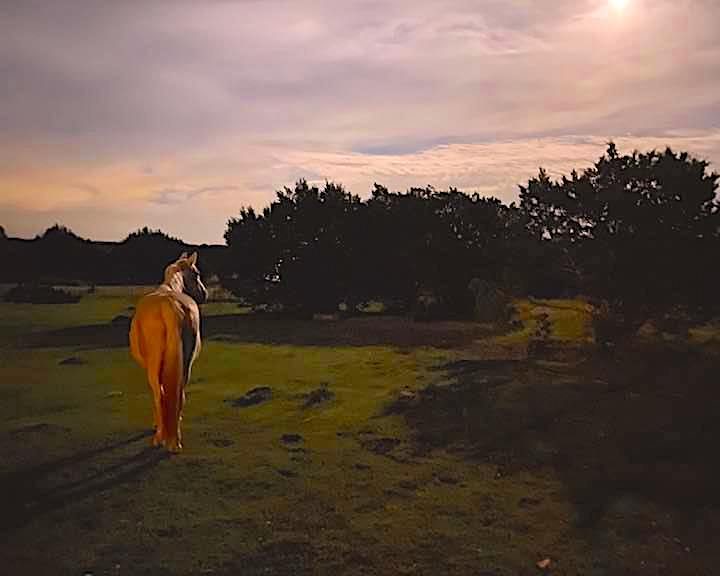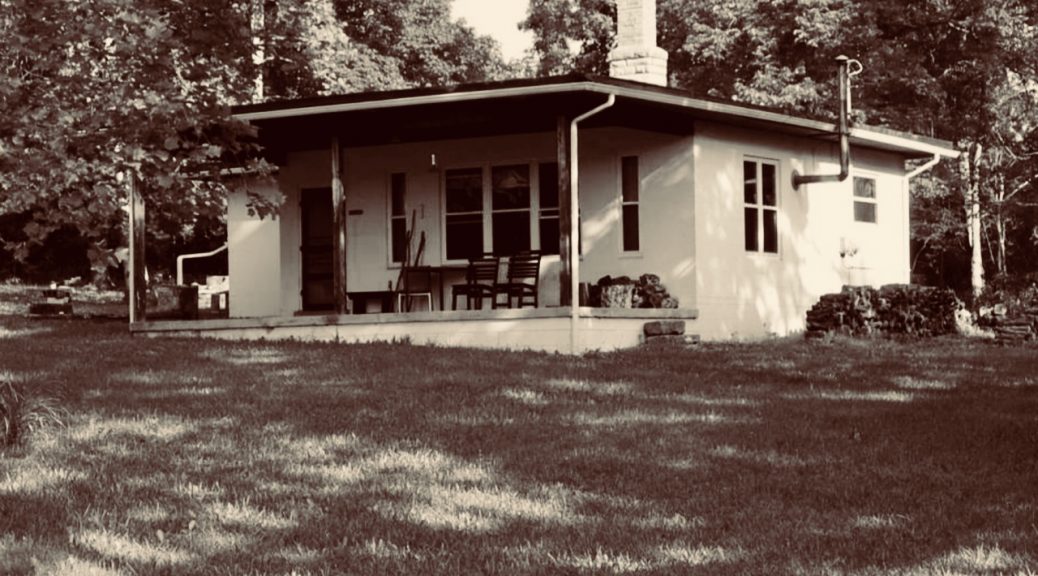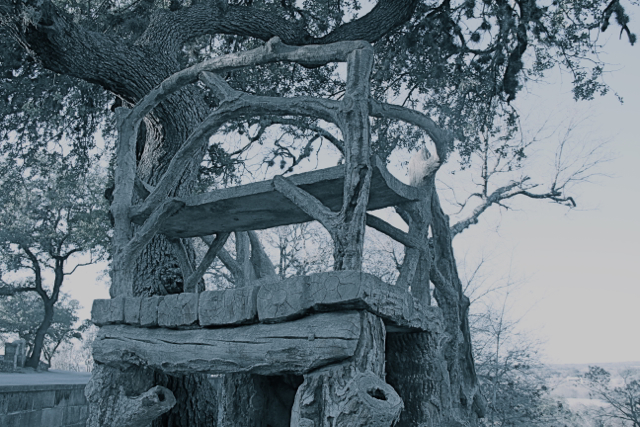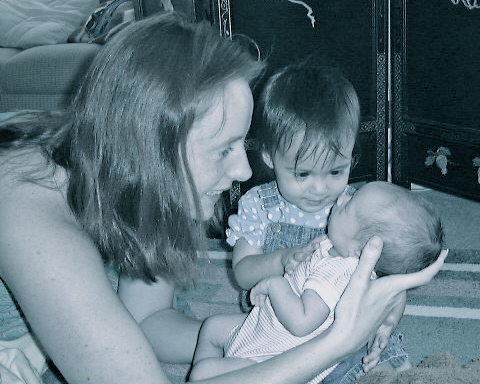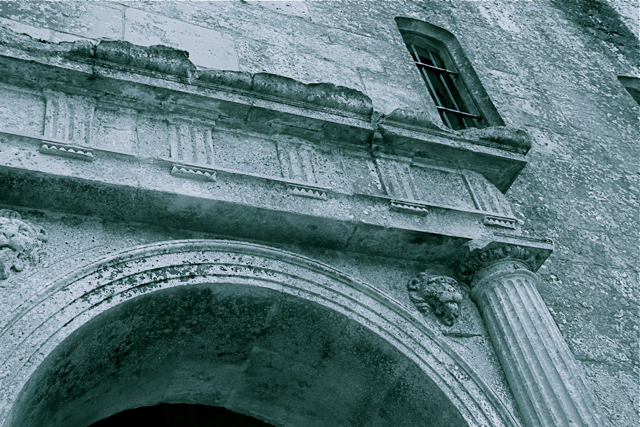Or, Reasons I Do Centering Prayer
“You will feed with pleasure upon everything that is His. So that the world shall be a grand Jewel of Delight unto you: a very Paradise and the Gate of Heaven. It is indeed the beautiful frontispiece of Eternity: the Temple of God, and Palace of His children. The Laws of God…command you to love all that is good, and when you see it well, you enjoy what you love … They command you to love all Angels and Men. They command all Angels and Men to love you” (Thomas Traherne, Centuries).
Centering Prayer is a form of silent contemplative prayer that allows us to rest in the silence at our center where God resides. We use a “sacred word” of our choice – something like “God,” “Jesus,” “Trust,” “Peace,” “Yes”; mine is “Agape,” Greek for “divine love” – to bring the mind back to silence when questioning, busy minds start to make noise. The sacred word symbolizes your consent to God’s grace and action in your life as you seek the place of safety and silent intimacy with Him that is at the center of every one of us.
Silence at the Center
As Christians, we believe that the piece of God, the part of the Trinity that lives and acts in every single one of our souls, is the Holy Spirit. Our souls are the part of us that are most like God, and it’s our souls that with continual measures of faith, hope, and charity in our mundane lives will gradually become more and more Christ-like. Indeed, the attempt to become like Christ is at the heart of all serious Christian endeavor: who hasn’t at some time wished they had just one tiny piece of Jesus’ compassion, patience, or resilience? Galatians 2:20 suggests our potential for identification with Christ: “I am crucified with Christ: nevertheless I live; yet not I, but Christ liveth in me, and the life which I now live in the flesh I live by the faith of the Son of God, who loved me, and gave himself for me.” In 1 John 3:2: “Beloved, now we are the sons of God, and it doth not yet appear what we shall be: but we know that, when he shall appear, we shall be like him; for we shall see him as he is,” we see again our capacity to be Christ-like. Doctrinal teaching and the examples of great Christians before us tell us that acts of piety – prayer, fasting, study, action – help refine us and encourage this process of transformation.
While I fully appreciate and practice transformation through the spiritual disciplines (and, thus, my own action) – and while it speaks to my head – my heart still craves direct, passive experience of God’s own action in my life. I can say with certainty that seeking God in the silence at my center has made me more open to and aware of God’s presence and action in my life and in the world around me. I have a greater sense of connection with things and of my place in God’s universe; the glimpse of an ecstatic sense captured by Thomas Traherne, writing in 1662, “You never enjoy the world aright, till the Sea itself floweth in your veins, till you are clothed with the heavens, and crowned with the stars.”
In 1997, Arundhati Roy wrote a book with the title “The God of Small Things.” Centering Prayer helps me to find, and to see well, a bountiful God in the detail of daily living; in the curve of my daughter’s face, in the symmetry of an insect or leaf, in the smell of sage at dusk. So that while, in this moment, God is transforming me, He is also transforming every part of my environment into Christ. Christ’s face becomes everywhere and ever present. The regular practice of contemplation or meditation is training me to listen beyond the noise of me to something other. To a voice or presence of infinite calm, infinite love, and boundless peace. To rest in that presence, even if only for the most fleeting instant, is to accept God’s eternal offer of profound relationship from his innermost dwelling place within you.
I know that the place I come closest to knowing and experiencing the part of God, His Holy Spirit, that lives and acts in me, is in this place of silence. I know that God works to transform me from the outside in but also, profoundly, from the inside out. By dwelling for a while in the darkest recesses of me, and by waiting for God in that place, I know I will find Him, and that, when I do, He’ll gently remind me He was there all along.
He who dwells in the secret place of the Most High
will rest in the shadow of the Almighty.
I will say of the Lord, “He is my refuge and my fortress;
my God, in whom I trust.” (from Psalm 91)

